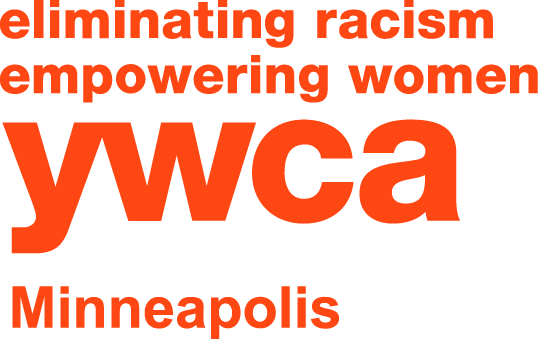What is an Anti-Bias Curriculum?
Culture, language, gender identity—attributes that make us unique humans—are among the differences celebrated in our Early Childhood Education program. To ensure children feel valued and that they value others, our instruction draws on an anti-bias curriculum. In the voice of our ECE director, Deb Tomasino, here's what that looks like.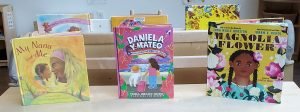
What is an Anti-Bias Curriculum?
As Early Childhood Education directors, we are faced with the same question by prospective parents during tours of our centers, “What is an anti-bias curriculum?” and “How will my child benefit from it?” In our centers, this means our instruction helps children develop positive self-identities and gives them a start in understanding human differences and similarities.The curriculum is based on the children’s daily lives and experiences. They learn we are all unique and special individuals. We convey this in the way we set up our learning environments, making sure in the classroom reflects our families so the children are able to see and experience things they are familiar with and see their culture in the books we read, the games we play and the lessons we teach.An anti-bias curriculum lives throughout the classroom in all areas of play and learning. It is a part of the environment, relationships and activities. We believe that all children deserve a safe environment where they are able to be successful and flourish. We want the children to reach their highest potential by looking at the whole child. It provides children with opportunities to build a positive self esteem which supports their social and emotional health.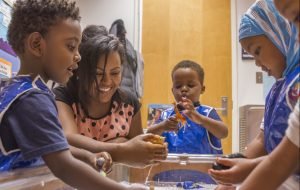
Honoring Culture and Inclusivity
Prior to enrollment, teachers typically do an intake with families to learn more about their child, their family structure, culture, language, food, holidays, etc. This gives the teachers a picture of the child as well as their family. Teachers incorporate this information into weekly lesson plans which build and provide children a sense of pride when they hear discussions about their identity and family culture.
Teachers as Anti-Bias Learners
To effectively teach through an anti-bias lens, teachers work to identify their own biases and how these biases impact the way they communicate, teach and view their classroom. We make a commitment to be lifelong learners, always expanding our knowledge base within the early childhood field and beyond it to the world around us. We value open, honest communication. We use what we learn to nurture the conversation skills of our young classroom learners.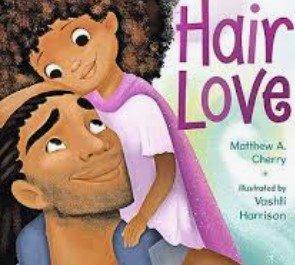
When Learning is About Gender
On one occasion, a teacher read the book "Hair Love" by Matthew A. Cherry. In the story the girl loves her unruly hair and her dad is trying to help do her hair to get ready for a very special day. After many attempts, he finally styles her hair the way she wants. After the story was read, one of the children in the classroom said, “Dads don’t do hair, only moms can do hair.” Another child added that her “Nani” did her hair every day. One child said “My Dad does my hair sometimes but he can only do a ponytail.” The teacher was able to expand that conversation with the children talking about who lives in their house and who helps them get ready every morning. The teacher was able to discuss with the children that all families are different and some children have a mom and dad, some just a mom or dad and some live with their grandparents. It was a great time for the teacher to reaffirm for all the children that every family unit is unique and special.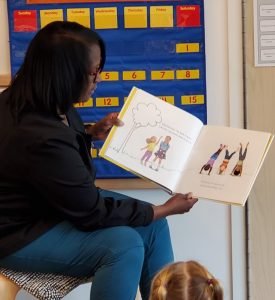
Social Responsibility
In conjunction with the anti-bias curriculum, we have developed a social responsibility curriculum, which provides children the opportunity to learn about and contribute to their community. The activities are designed to help children learn and explore needs in the community, roles and responsibilities and what it means to be a helpful community member.LEARN MORE ABOUT YWCA EARLY CHILDHOOD EDUCATIONSCHEDULE A TOUR
